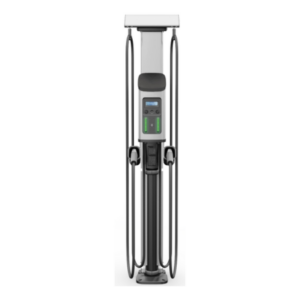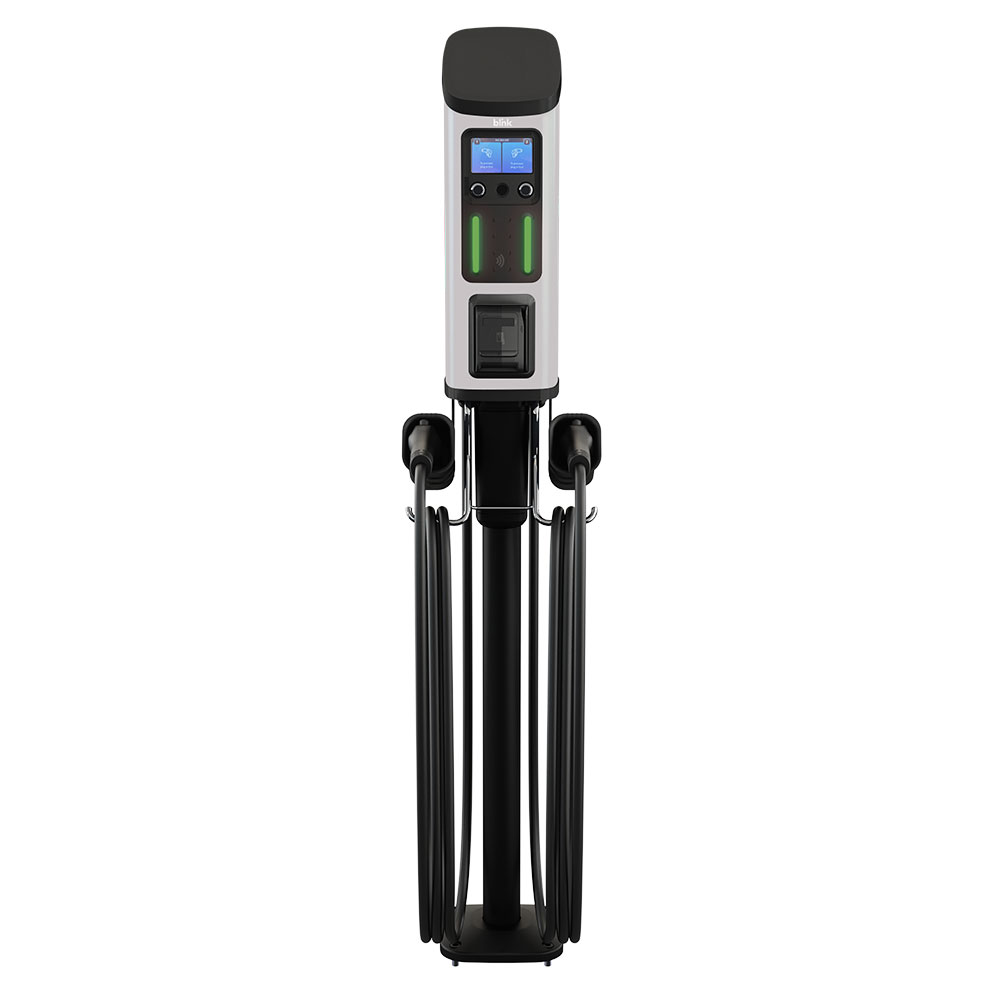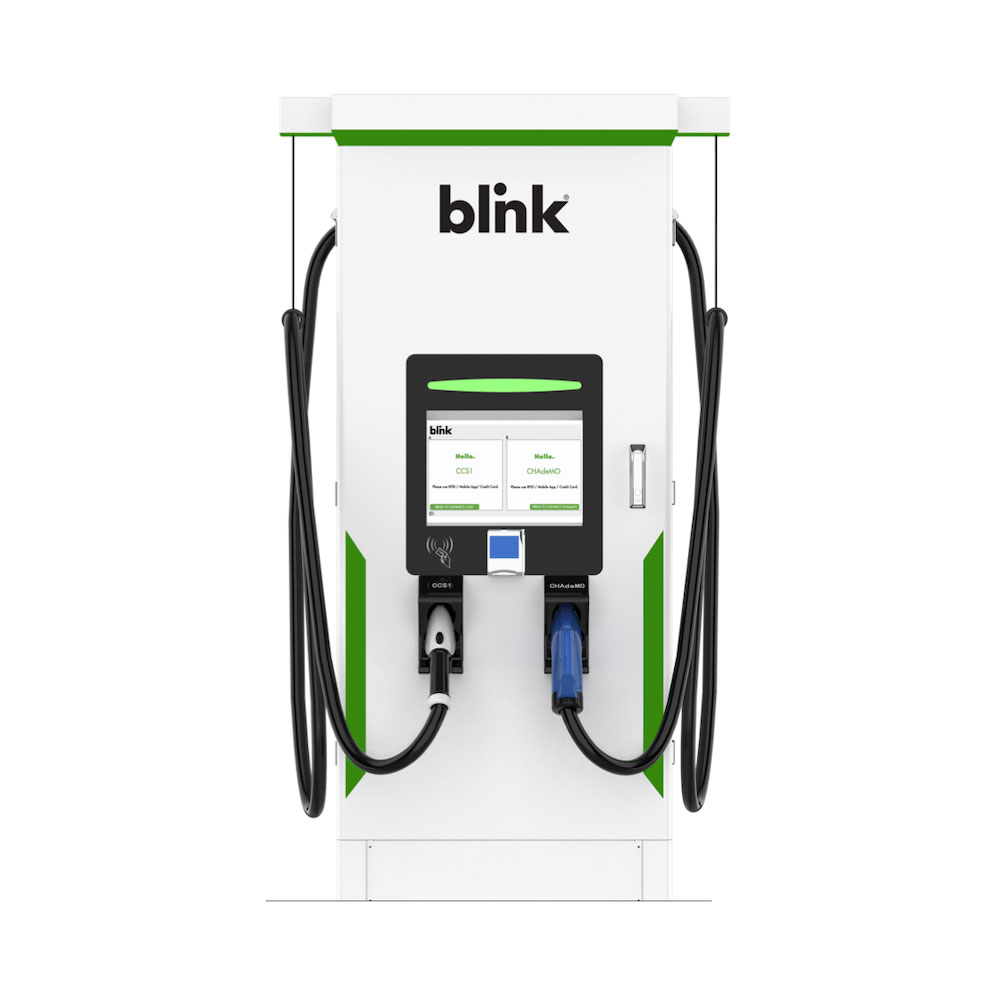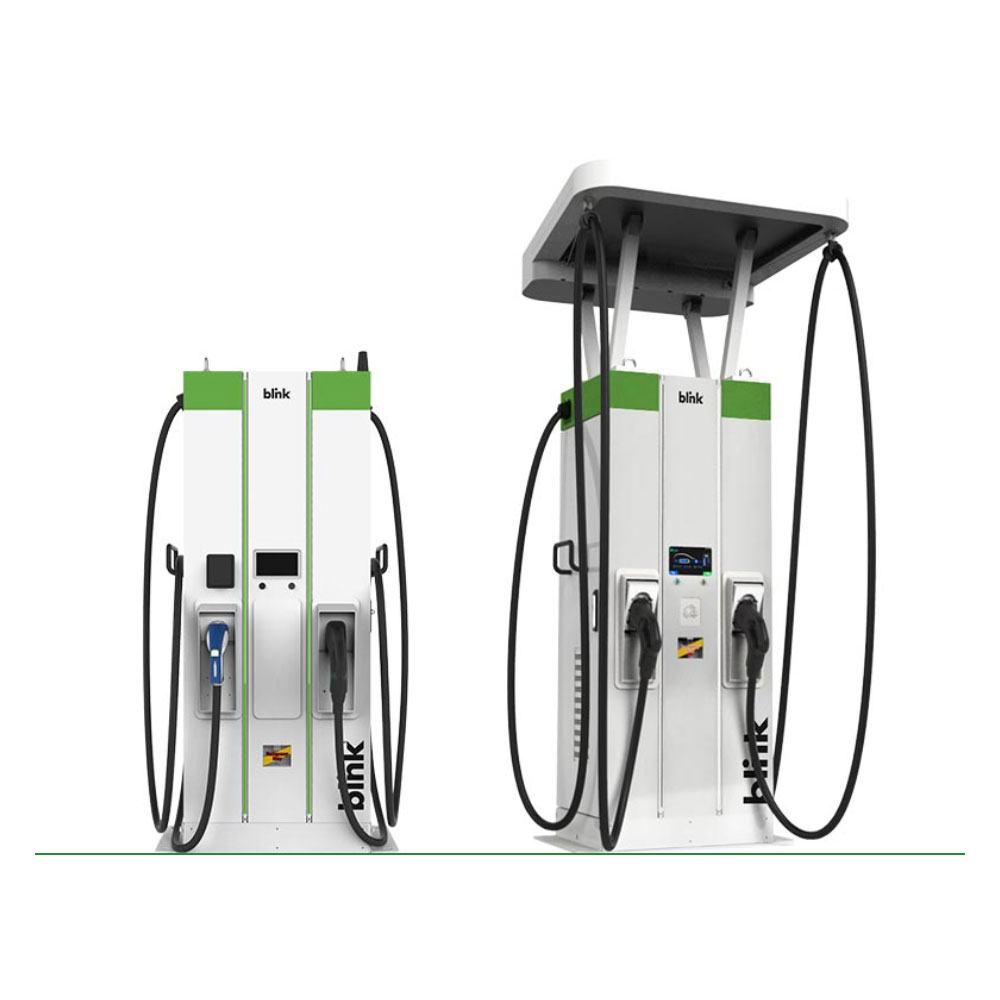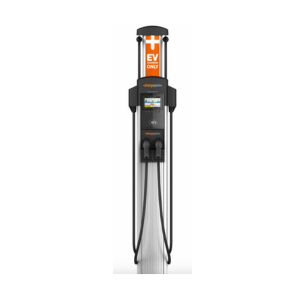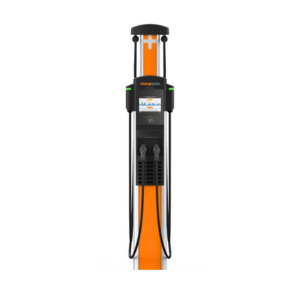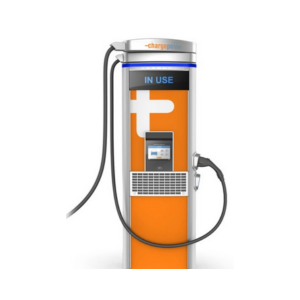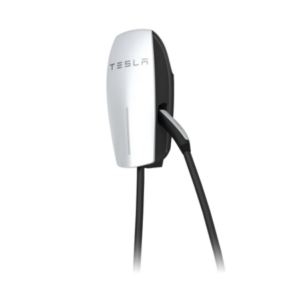Our Solutions
At Heartland Charging Services, we partner with you from the very beginning of your EV journey and continue to support you through ongoing maintenance.
Leveraging our trusted partnerships with industry leaders Blink, ChargePoint, and Tesla, we help you select the ideal EV charging solution for your business.
From planning to procurement to installation and long-term maintenance, we’re with you every step of the way.



Wondering the difference among the levels of EV charging?
Learn more about which level of EV charger is the right pick for you.
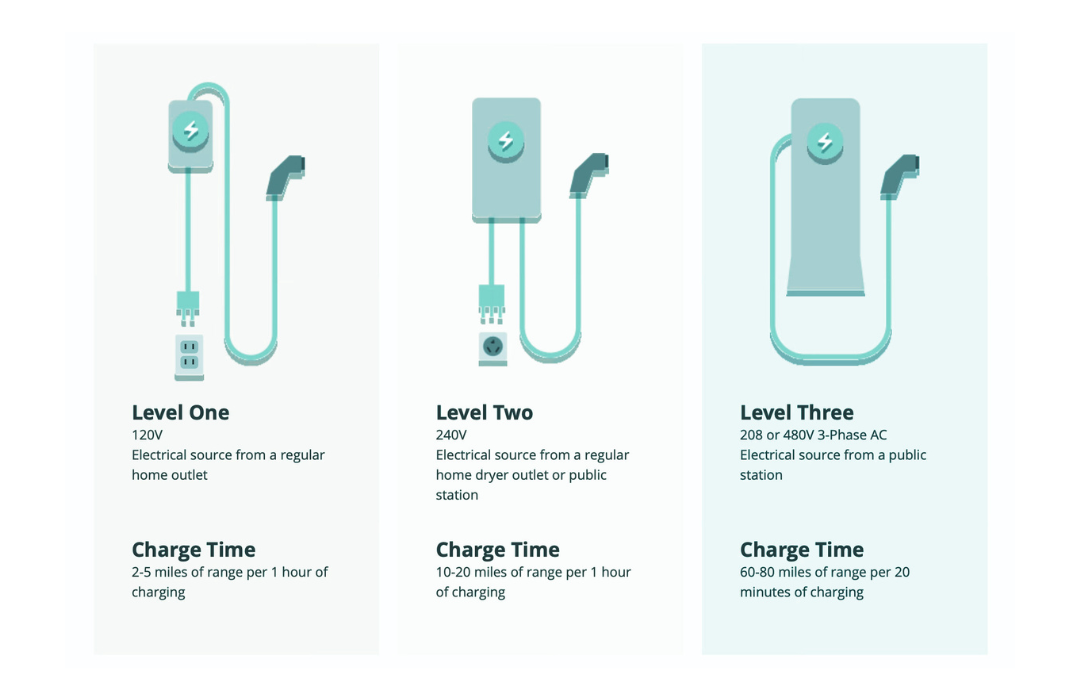
Levels of Charging
There are three main levels of charging an electric vehicle.
Level 1 Charging – Basic Home Charging
Level 1 charging uses a standard 120V outlet, the same kind found in most homes. This is the most basic and slowest method of charging an electric vehicle.
Voltage: 120V
Charging Speed: Adds about 2 to 5 miles of range per hour
Best For: Plug-in hybrids or low-mileage daily use
Example: A Nissan Leaf may take over 30 hours to fully charge from empty
Level 1 is ideal for overnight or emergency use when faster charging is not available.
Level 2 Charging (Residential) – Fast Home Charging
Level 2 home charging operates at 240V and is much faster than Level 1. These chargers are typically installed in home garages or driveways and require a dedicated circuit.
Voltage: 240V
Amperage: Typically 16 to 50 amps
Charging Speed: Adds about 12 to 80 miles of range per hour
Best For: Daily charging for fully electric vehicles
Example: Most EVs can charge fully overnight
This level of charging is perfect for homeowners who want faster and more reliable home charging.
Level 2 Charging (Commercial) – Smart Public Charging
Commercial Level 2 chargers provide the same power as residential units but are designed for shared or public use. These stations are often installed in apartment complexes, office buildings, and retail locations.
What sets them apart is their network connectivity. Station owners can track usage, manage energy output, and enable payment for charging.
Voltage: 240V
Amperage: Usually around 30 amps
Charging Speed: Adds 12 to 30 miles of range per hour
Best For: Workplaces, retail centers, and multi-family communities
Features: Usage tracking, billing, access control, and sustainability reports
Level 2 commercial charging is now the industry standard for non-residential environments.
Level 3 Charging – DC Fast Charging
Level 3, also known as DC Fast Charging, delivers direct current power directly to the vehicle’s battery. It is the fastest option available and is typically found along highways and in high-traffic areas.
Voltage: Typically ranges from 400V to 900V DC
Charging Speed: Adds 60 to 100+ miles of range in 15 to 30 minutes
Best For: Long-distance travel and high-utilization sites
Connector Types: CCS and CHAdeMO
Tesla uses its proprietary North American Charging Standard (NACS), but most manufacturers are switching to it in the US starting 2025
Notes: Not compatible with most plug-in hybrids and requires significant electrical capacity
Level 3 is ideal for commercial fleets, highway rest stops, and public charging hubs where speed is critical.
We are your EV infrastructure experts.
Learn more today about innovative, environmentally friendly EV charging solutions for your business.
Contact Us Today!

